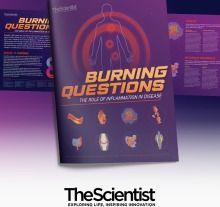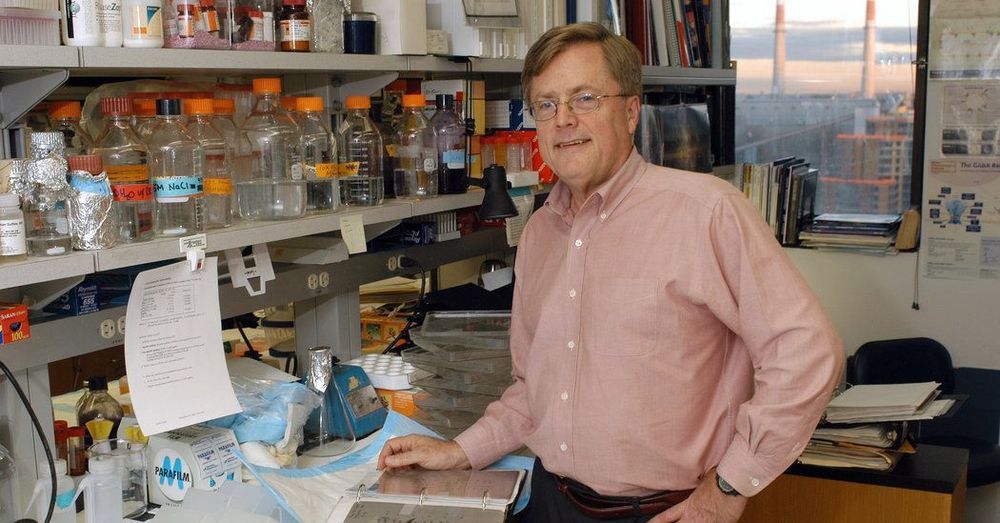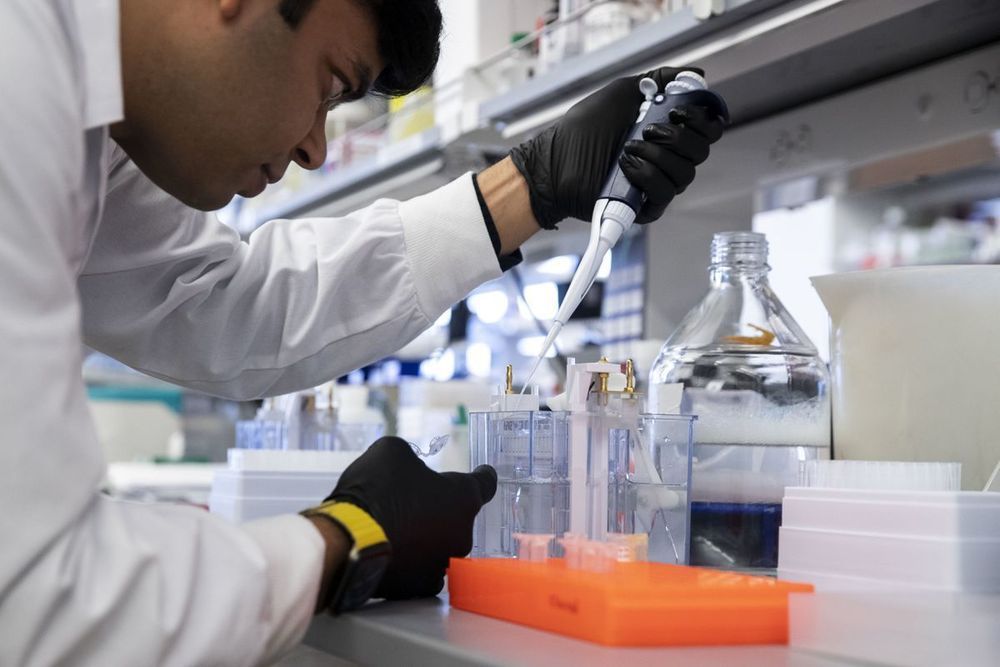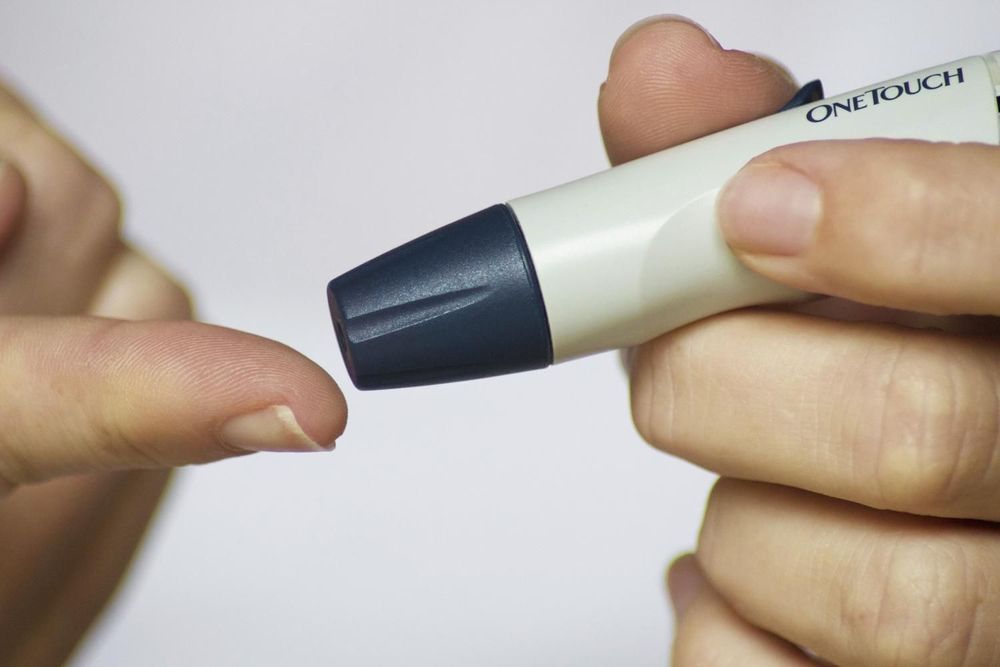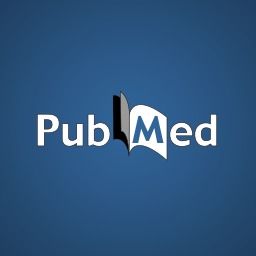Circa 2015
A researcher at Ransselaer Polytechnic Institute in the US has given three Nao robots an updated version of the classic ‘wise men puzzle’ self-awareness test… and one of them has managed to pass.
In the classic test, a hypothetical King calls forward the three wisest men in the country and puts either a white or a blue hat on their heads. They can all see each other’s hats, but not their own, and they’re not allowed to talk to each other. The King promises that at least one of them is wearing a blue hat, and that the contest is fair, meaning that none of them have access to any information that the others don’t. Whoever is smart enough to work out which colour hat they’re wearing using that limited information will become the King’s new advisor.
In this updated AI version, the robots are each given a ‘pill’ (which is actually a tap on the head, because, you know, robots can’t swallow). Two of the pills will render the robots silent, and one is a placebo. The tester, Selmer Bringsjord, chair of Rensselaer’s cognitive science department, then asks the robots which pill they received.

